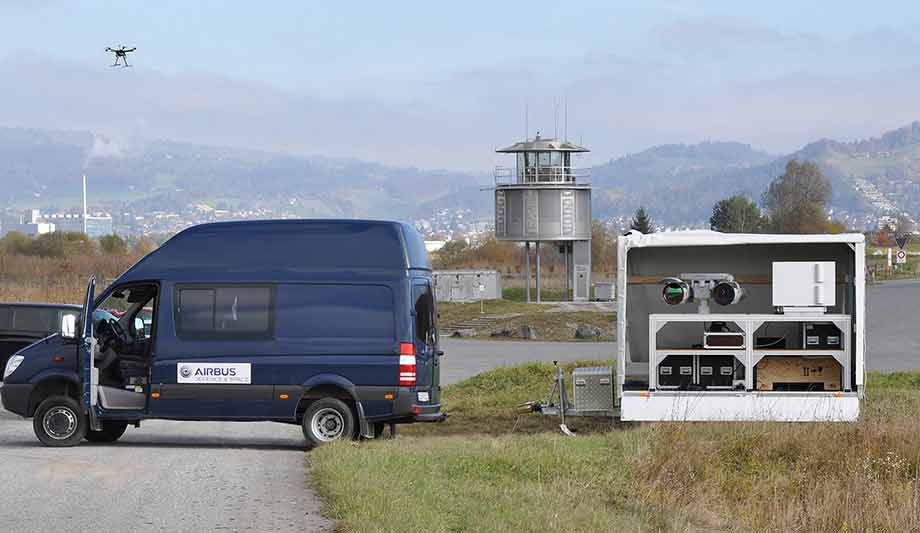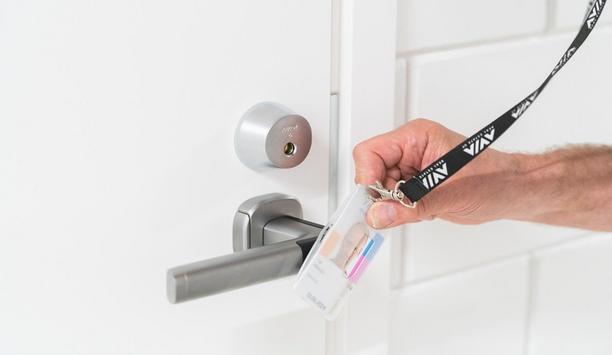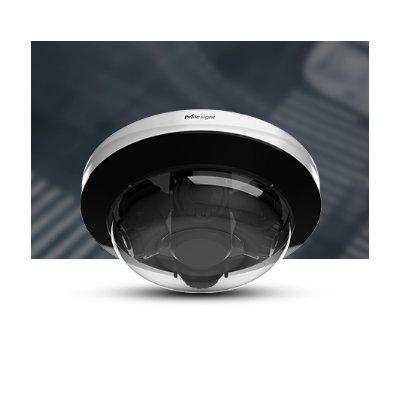With the help of Airbus Defence and Space, the Swedish network Rakel and Norway’s Nødnett will start long-term cross-border communication. Public safety organisations, such as police forces and ambulance services, of both countries will congregate in the towns Meråker, Norway and Storlien, Sweden in order to test the interoperable system in the Rakel and Nødnett networks. This marks the launch of the world’s first bi-national communication systems.
Bi-national radio communication system
Both networks will be ready for bi-national operational use in early 2017. The cross-border system has certified Tetra Inter-System Interface (ISI) functionality and meets all technical requirements. Even though both nations use different secure Tetra networks on their territory and different terminals, the EU-funded project Inter-System Interoperability for Tetra-Tetrapol Networks (ISITEP) has created a platform on which Swedish and Norwegian disaster relief organisations can easily exchange information. Previous tests in 2016 as part of the European vanguard project were successful.
Airbus Defence and Space has been involved in the ISI project planning of the Swedish Civil Contingencies Agency (MSB) from the beginning since the Rakel network went into operation in 2010. “Our technology has contributed substantially to the interoperability of the Swedish and Norwegian networks. Together with our partners, we are continuously developing solutions to improve cross-border communications in Europe,” says Olivier Koczan, Head of Secure Land Communications at Airbus Defence and Space.
"Together with our partners, |
Rakel serves all main public safety organisations in Sweden, such as the police force, coastguard, customs, rescue services, ambulance services, and armed forces and it is also used by companies such as utilities. Rakel enables more than 67,000 users to cooperate on a national scale. The cross-border project will now enable group and individual calls and messaging between the public safety forces of both countries, and provides authentication as well as encryption.
Strengthening co-operation between national emergency services
The ISI project in Norway and Sweden is one of the most advanced multi-national radio communication projects in Europe and focuses, among other things, on mission-critical communications on both sides of the 1,619-kilometre-long border. After almost three years of development, the basic bi-national interoperability between police and rescue teams is now in place.
ISITEP aims to find a comprehensive solution for interoperability between mission-critical communications systems based on different technologies. The project team comprises a consortium of 15 leading companies, including Airbus Defence and Space, and academic institutions from ten countries. This three-year initiative to strengthen the cooperation between national emergency services started in 2013 and received EU funding of around ten million euros. The international Tetra Association as well as first response organisations from nine countries are also supporting the project’s activities.




















